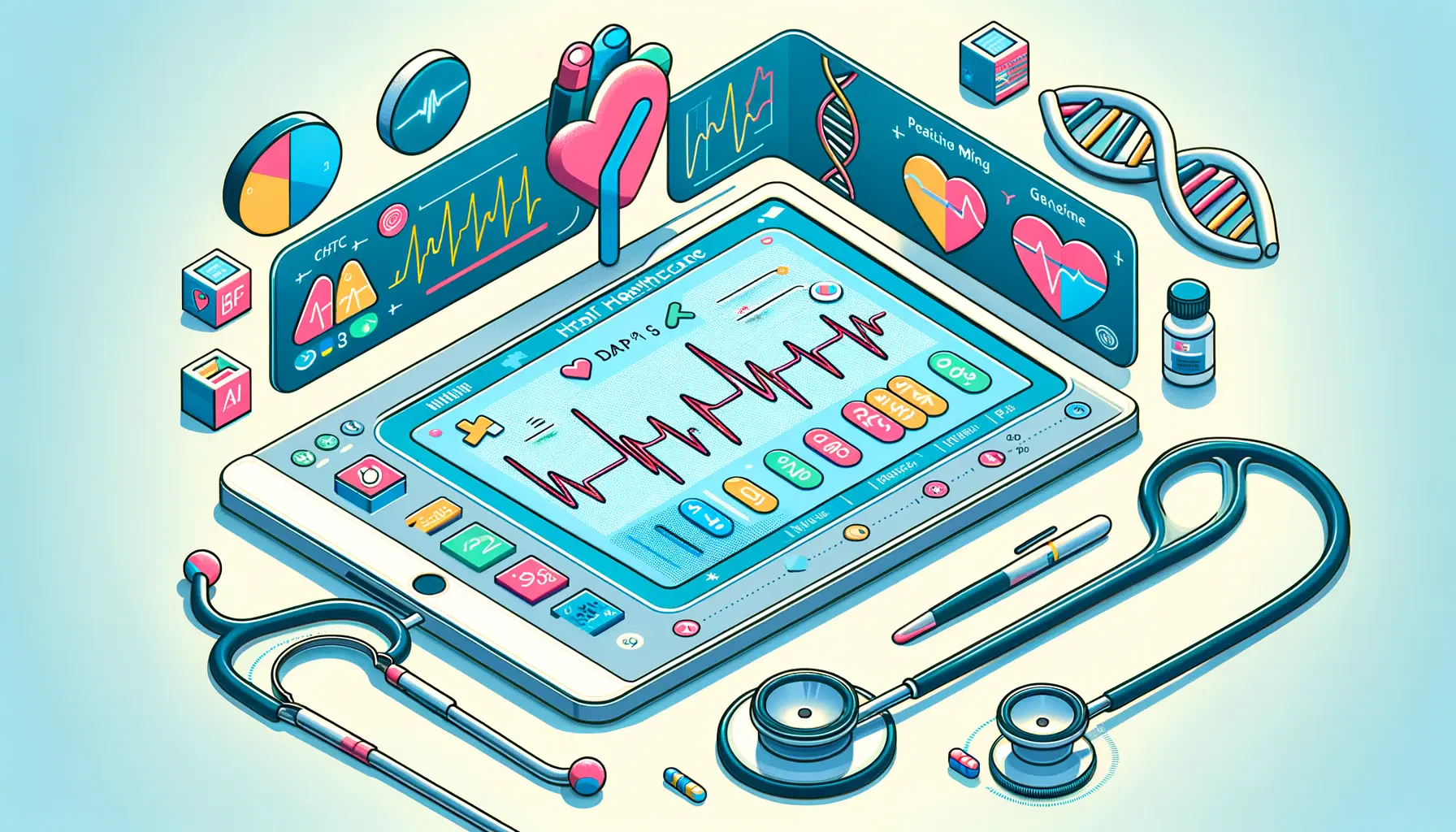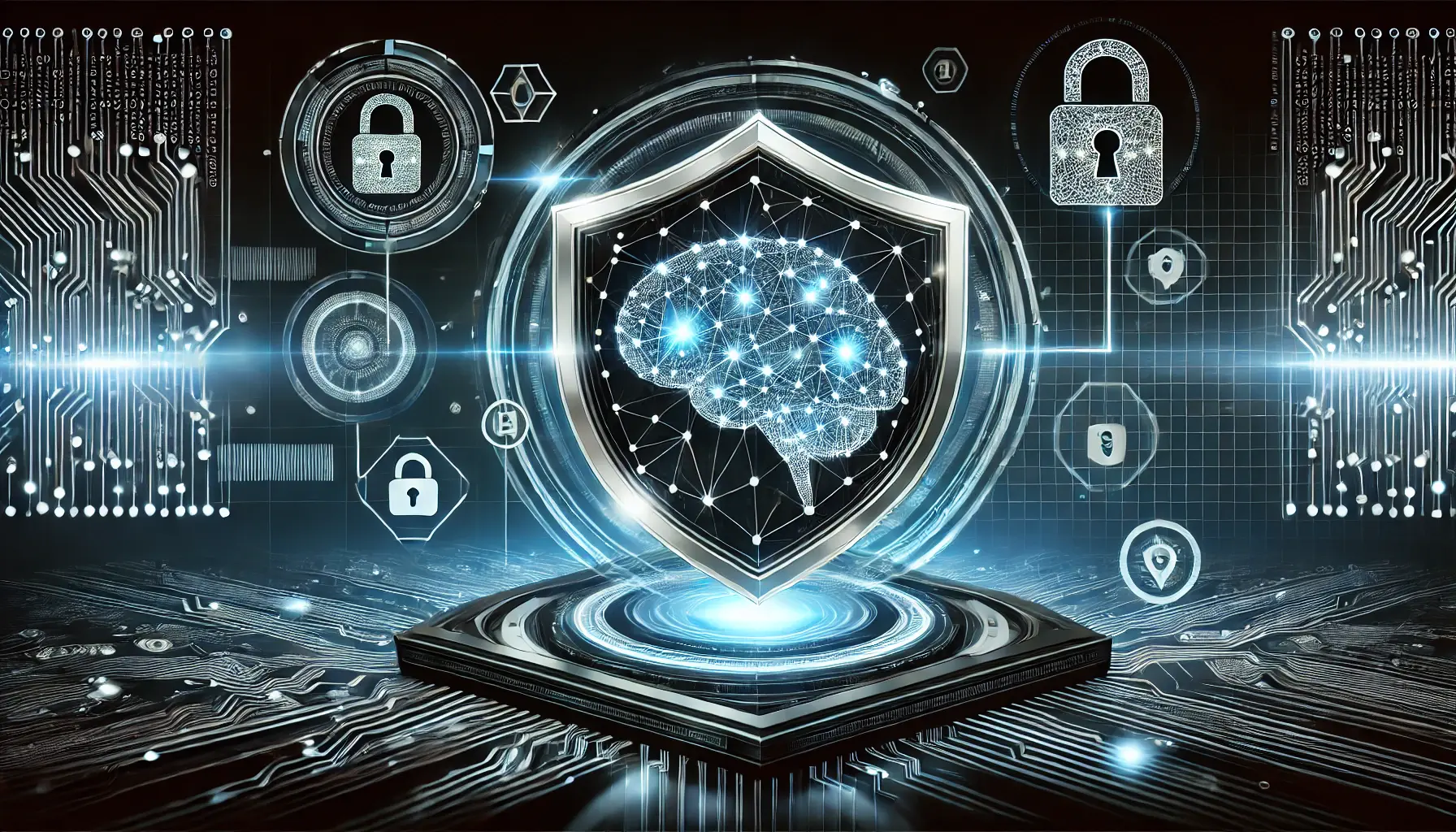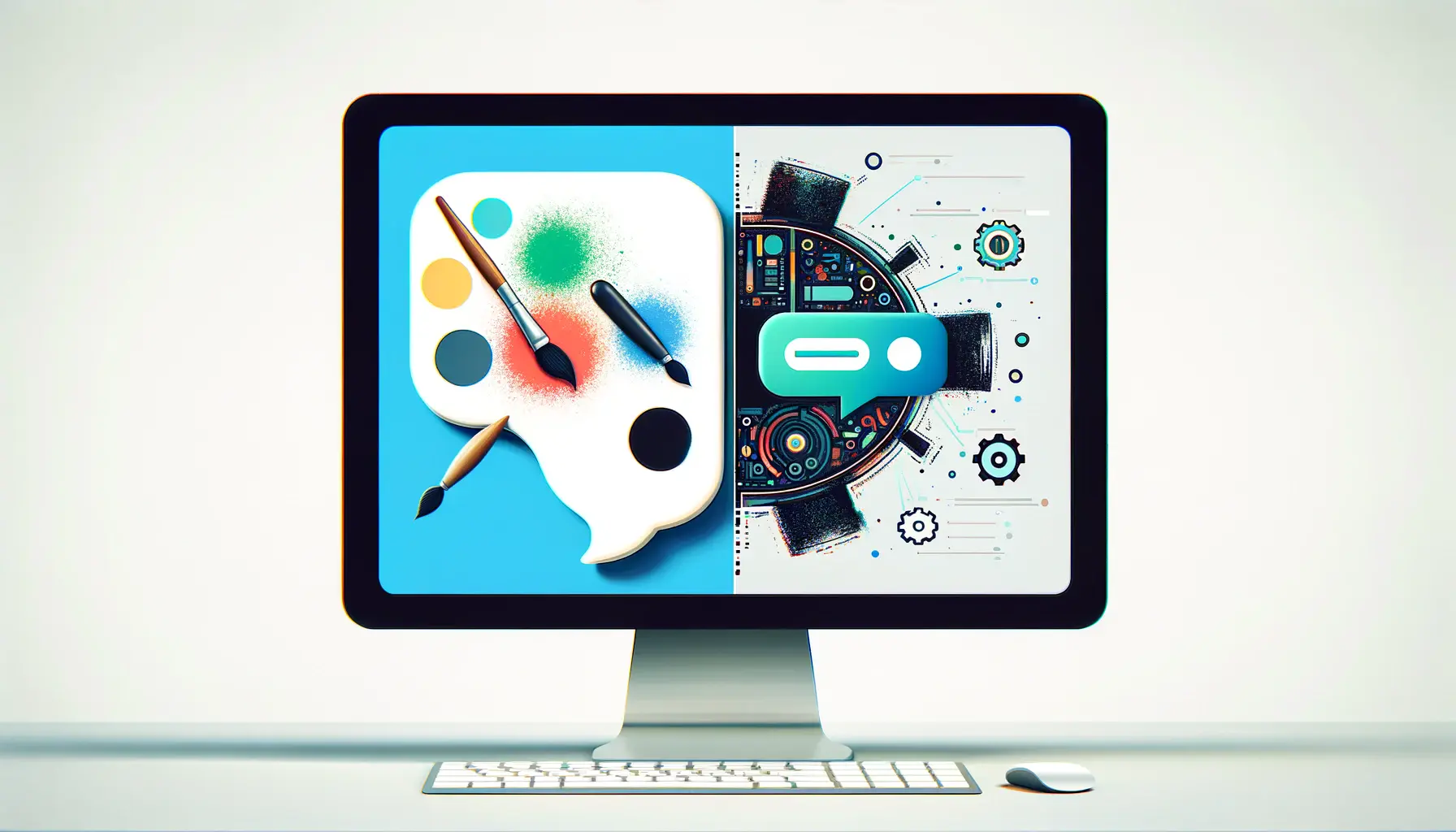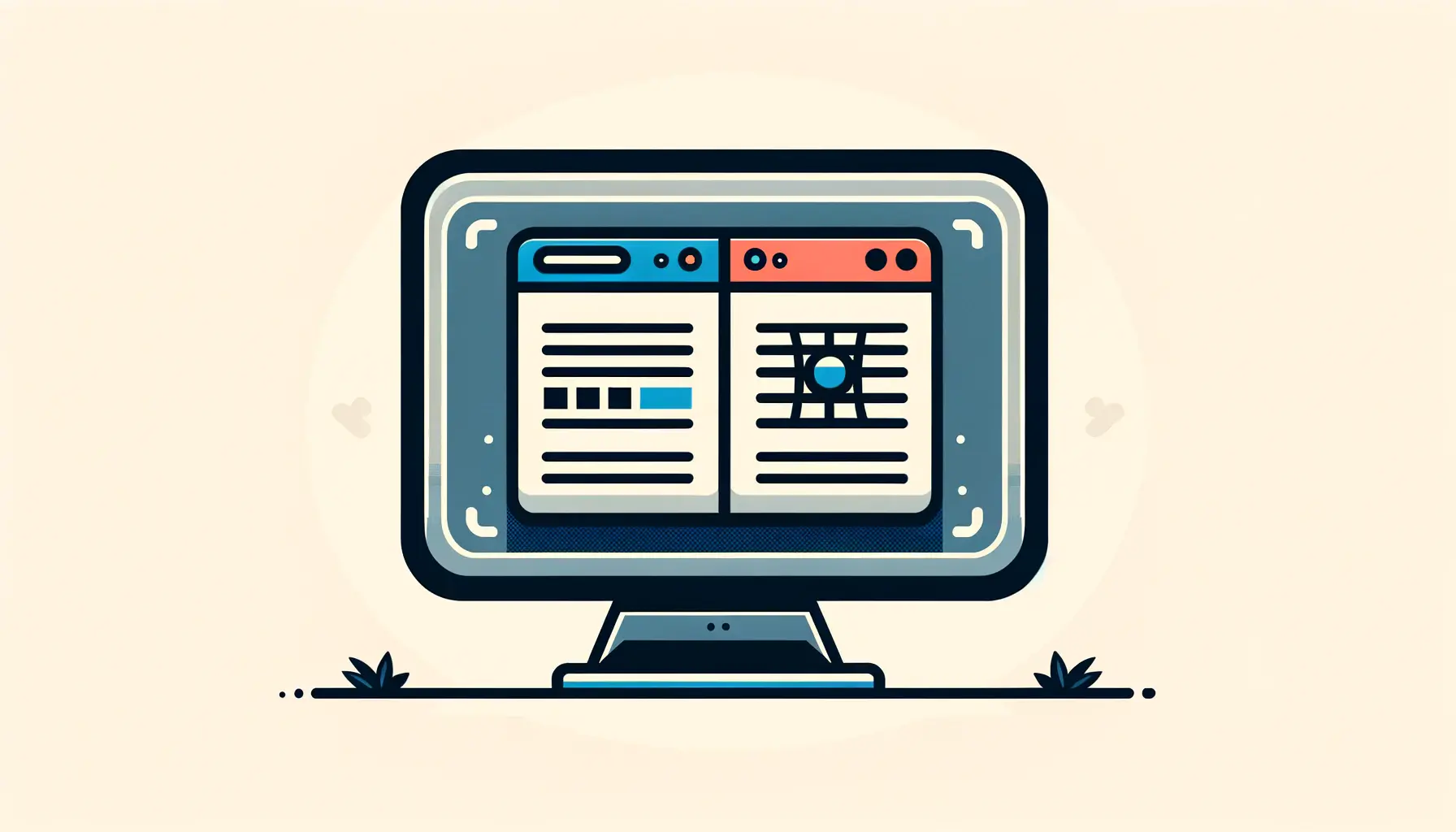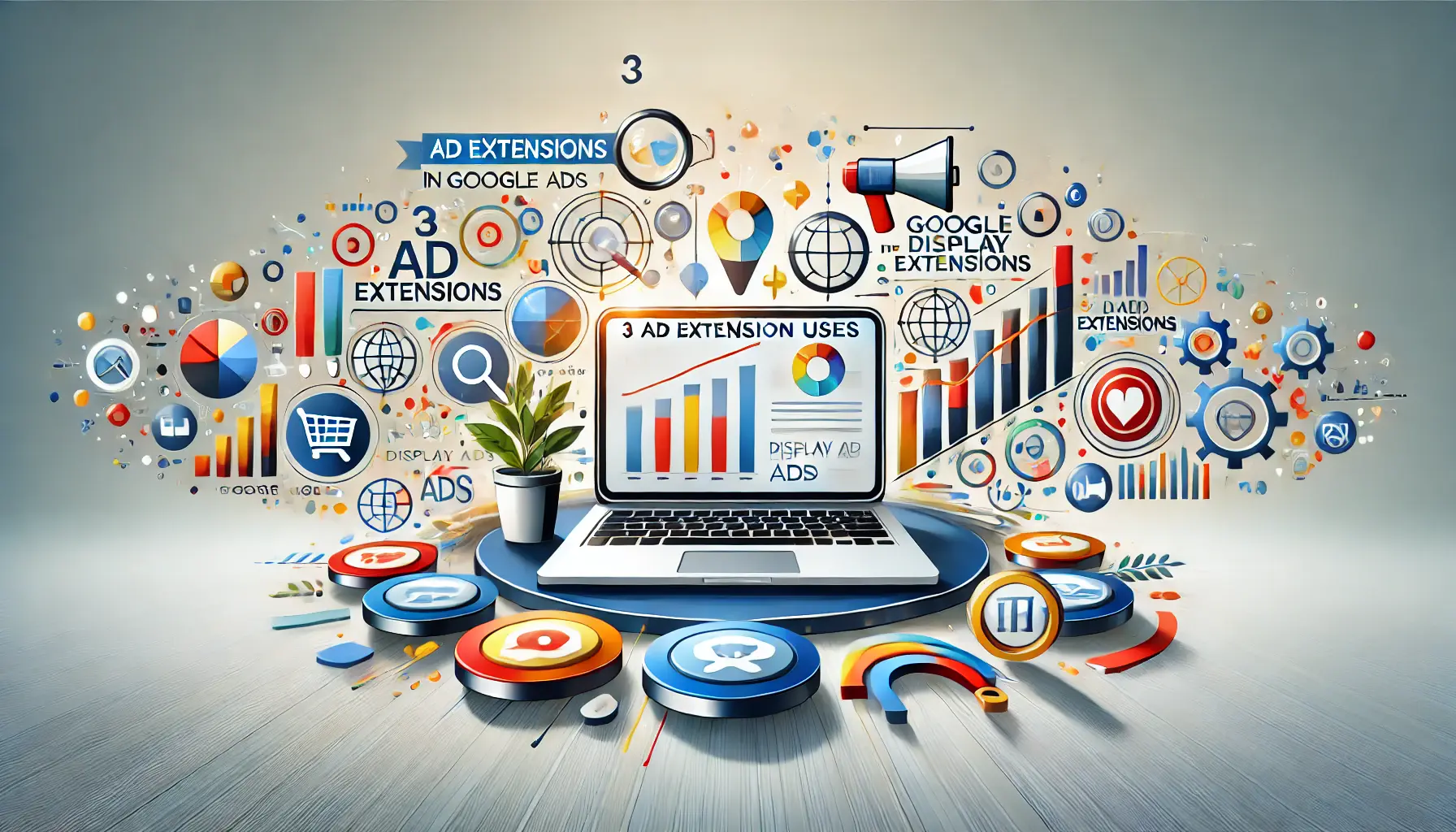The integration of artificial intelligence (AI) into healthcare has opened new avenues for enhancing patient care, streamlining processes, and fostering innovations that were once deemed futuristic.
Among the most groundbreaking advancements in this field is the emergence of ChatGPT 4, a model developed by OpenAI.
This iteration of generative pre-trained transformers is not just a leap forward in natural language processing; it represents a significant stride towards revolutionizing healthcare delivery, patient engagement, and medical research.
ChatGPT 4’s capabilities extend beyond mere conversation.
Its sophisticated understanding of medical terminology, ability to process vast amounts of data, and generate human-like text make it an invaluable asset in healthcare.
This article delves into the potential uses of ChatGPT 4 within the healthcare sector, exploring how it can transform patient care, medical documentation, and even assist in complex decision-making processes.
- Potential Uses of ChatGPT 4 in Healthcare
- Improving Clinical Decision-Making and Diagnostics
- Facilitating Medical Education and Training
- Supporting Mental Health and Psychological Services
- Optimizing Healthcare Operations and Management
- Advancing Telehealth and Remote Care
- Challenges and Ethical Considerations
- Embracing the Future of Healthcare with ChatGPT 4
- ChatGPT 4 in Healthcare: Frequently Asked Questions
Potential Uses of ChatGPT 4 in Healthcare
Enhancing Patient Engagement and Support
One of the primary applications of ChatGPT 4 in healthcare is in enhancing patient engagement and support.
By leveraging its advanced natural language processing capabilities, ChatGPT 4 can offer personalized health advice, answer patient inquiries, and provide support 24/7.
This not only improves the patient experience by offering immediate assistance but also alleviates the workload on healthcare professionals, allowing them to focus on more critical tasks.
Moreover, ChatGPT 4 can be integrated into patient portals and mobile health apps, offering a seamless way for patients to access medical information, schedule appointments, and even receive reminders for medication adherence.
This level of interaction fosters a more engaged and informed patient population, which is crucial for preventive healthcare and chronic disease management.
Streamlining Medical Documentation
The burden of medical documentation is a well-known challenge in the healthcare industry, consuming a significant amount of healthcare professionals’ time.
ChatGPT 4 can revolutionize this aspect by automating the creation and management of medical records, discharge summaries, and patient notes.
Its ability to understand and generate human-like text ensures that the documentation is not only accurate but also comprehensible to all stakeholders.
Furthermore, ChatGPT 4’s capacity to process and summarize medical literature and research findings can aid healthcare professionals in staying up-to-date with the latest medical knowledge and treatment protocols.
This not only enhances the quality of care provided but also supports continuous learning and professional development within the healthcare sector.
ChatGPT 4’s integration into healthcare has the potential to significantly enhance patient engagement, streamline medical documentation, and support healthcare professionals in delivering high-quality care.
Improving Clinical Decision-Making and Diagnostics
The application of ChatGPT 4 in clinical decision-making and diagnostics is a testament to its potential to act as a pivotal tool in healthcare.
By analyzing patient data, medical histories, and current symptoms, ChatGPT 4 can assist healthcare professionals in diagnosing conditions with a higher degree of accuracy and speed.
This AI-driven approach not only enhances patient outcomes but also streamlines the diagnostic process, making healthcare delivery more efficient.
ChatGPT 4’s role in clinical decision-making extends to offering treatment recommendations based on the latest medical research and guidelines.
Its ability to sift through vast amounts of data ensures that healthcare providers have access to the most current and relevant information, enabling them to make informed decisions regarding patient care.
Key Benefits in Clinical Settings
- Diagnostic Accuracy: By integrating ChatGPT 4 into diagnostic processes, healthcare facilities can leverage its vast knowledge base to identify symptoms and conditions more accurately.
- Treatment Recommendations: ChatGPT 4 can analyze patient information against current medical guidelines to suggest the most effective treatment plans, ensuring personalized and up-to-date care.
- Risk Assessment: It can evaluate patient data to predict potential complications or risks, allowing for preventative measures to be taken proactively.
Case Studies and Real-life Applications
Several healthcare institutions have begun pilot programs integrating ChatGPT 4 into their clinical decision-making processes.
For instance, a hospital in the United States implemented ChatGPT 4 to assist in diagnosing complex cases in their neurology department.
The AI model helped identify rare neurological disorders that had previously eluded diagnosis, leading to timely and appropriate treatment for patients.
In another example, a telehealth service utilized ChatGPT 4 to provide initial assessment and triage advice to patients.
This not only improved the efficiency of the service by reducing wait times but also ensured that patients received accurate health information and guidance on whether they needed to seek further medical attention.
The integration of ChatGPT 4 into clinical decision-making and diagnostics showcases the transformative potential of AI in healthcare, promising to improve patient outcomes, enhance the efficiency of healthcare services, and support medical professionals in their work.
Facilitating Medical Education and Training
The landscape of medical education and training is evolving, with ChatGPT 4 playing a crucial role in this transformation.
By providing an interactive and personalized learning experience, ChatGPT 4 can support medical students and professionals in acquiring knowledge, honing their skills, and staying abreast of the latest advancements in medicine.
Its ability to simulate patient interactions, explain complex medical concepts, and offer instant feedback makes it an invaluable educational tool.
Furthermore, ChatGPT 4’s capacity to generate quizzes, case studies, and simulations based on real-life scenarios enhances the learning process, making it more engaging and effective.
This AI-driven approach not only facilitates the acquisition of theoretical knowledge but also aids in the development of practical skills essential for clinical practice.
Enhancing Learning Outcomes
- Interactive Learning: ChatGPT 4 engages users in interactive dialogues, making learning more dynamic and personalized.
- Up-to-date Information: It provides access to the latest research and medical guidelines, ensuring that learners are equipped with current knowledge.
- Practical Skill Development: Through simulations and case studies, learners can apply theoretical knowledge in virtual scenarios, enhancing their clinical reasoning and decision-making skills.
Impact on Continuing Professional Development
For practicing healthcare professionals, ChatGPT 4 offers a flexible and efficient means of continuing professional development.
By integrating ChatGPT 4 into their learning routines, medical professionals can easily update their knowledge, explore new areas of interest, and fulfill their continuing education requirements.
This not only contributes to their professional growth but also ensures that they can provide the best possible care to their patients.
In conclusion, ChatGPT 4’s contribution to medical education and training is multifaceted, offering benefits that extend from the classroom to the clinic.
Its role in facilitating learning, enhancing educational outcomes, and supporting professional development is a testament to the transformative potential of AI in medical education.
ChatGPT 4’s application in medical education exemplifies how AI can revolutionize the way healthcare professionals learn and grow, making education more accessible, engaging, and effective.
Supporting Mental Health and Psychological Services
The mental health sector stands to benefit significantly from the integration of ChatGPT 4, offering innovative approaches to support and therapy.
ChatGPT 4 can provide immediate, accessible, and non-judgmental support for individuals seeking help for mental health issues.
Its ability to understand and respond to a wide range of emotional and psychological queries makes it a valuable tool in the preliminary assessment and support for mental health conditions.
Moreover, ChatGPT 4 can serve as a first point of contact in mental health services, guiding individuals towards appropriate resources and professional help.
Its 24/7 availability ensures that support is accessible anytime, reducing barriers to seeking help and potentially alleviating the strain on mental health services.
Personalized Support and Therapy Assistance
- Emotional Support: ChatGPT 4 can offer comfort and companionship to those feeling isolated, anxious, or depressed, providing responses that acknowledge their feelings and encourage further dialogue or professional help.
- Cognitive Behavioral Therapy (CBT) Techniques: It can introduce users to CBT techniques and exercises, helping them manage symptoms of anxiety and depression through self-help strategies.
- Resource Navigation: ChatGPT 4 can guide individuals to appropriate mental health resources, including crisis hotlines, professional counseling services, and support groups, tailored to their specific needs.
Enhancing Therapist-Patient Communication
ChatGPT 4 can also play a role in enhancing communication between therapists and their patients.
By automating administrative tasks such as appointment scheduling and follow-up reminders, therapists can dedicate more time to patient care.
Additionally, ChatGPT 4 can facilitate pre-session assessments, gathering preliminary information that can inform and enrich the therapeutic process.
While ChatGPT 4’s role in mental health and psychological services is promising, it is crucial to approach its integration with caution, ensuring that it complements but does not replace, the invaluable human element of therapy.
The technology can offer support and resources, but the empathetic understanding and therapeutic relationship provided by human professionals remain irreplaceable.
ChatGPT 4’s potential in supporting mental health and psychological services highlights the importance of leveraging AI to enhance accessibility and effectiveness of mental health care, while maintaining the essential human touch in therapy.
Optimizing Healthcare Operations and Management
The operational aspect of healthcare facilities is complex, involving numerous tasks that range from patient scheduling to inventory management.
ChatGPT 4 introduces a level of efficiency and automation to these processes that was previously unattainable.
By handling routine inquiries, managing appointments, and even assisting in the management of medical supplies, ChatGPT 4 can significantly reduce administrative burdens, allowing healthcare providers to focus more on patient care.
Furthermore, ChatGPT 4’s ability to analyze operational data can provide healthcare administrators with insights into areas of improvement, potential cost savings, and optimization strategies.
This data-driven approach to healthcare management can lead to more effective resource allocation, improved patient flow, and overall enhanced service delivery.
Streamlining Administrative Tasks
- Appointment Scheduling: Automating the scheduling process, providing patients with flexibility to book, change, or cancel appointments through an intuitive interface.
- Inventory Management: Monitoring medical supplies and automatically generating restock alerts to prevent shortages and overstock situations.
- Patient Data Management: Efficiently organizing and retrieving patient records, ensuring that healthcare professionals have timely access to vital information.
Improving Patient Flow and Satisfaction
By optimizing appointment scheduling and reducing wait times, ChatGPT 4 can significantly improve patient flow within healthcare facilities.
This not only enhances patient satisfaction by minimizing the inconvenience associated with long waits but also maximizes the utilization of healthcare resources.
Additionally, ChatGPT 4 can gather patient feedback through surveys and interactions, providing valuable insights into patient experiences and areas for service improvement.
In the realm of healthcare operations and management, ChatGPT 4’s potential to streamline processes, provide actionable insights, and improve patient experiences is clear.
Its implementation can lead to more efficient healthcare delivery systems where administrative tasks are managed effectively, allowing healthcare professionals to dedicate their efforts to what they do best: caring for patients.
The optimization of healthcare operations through ChatGPT 4 not only enhances the efficiency of healthcare services but also contributes to higher patient satisfaction and better healthcare outcomes.
Advancing Telehealth and Remote Care
The advent of ChatGPT 4 has significantly propelled the capabilities of telehealth and remote care services.
By facilitating real-time communication between patients and healthcare providers, ChatGPT 4 ensures that quality healthcare is accessible even from a distance.
This AI model can interpret patient queries, provide health information, and even guide patients through the process of symptom assessment, making healthcare more accessible to those in remote or underserved areas.
Moreover, ChatGPT 4 can integrate with wearable health devices, analyzing data to offer personalized health insights and alerts.
This seamless interaction between AI and IoT (Internet of Things) devices paves the way for a more proactive approach to health management, where potential health issues can be addressed before they escalate into more serious conditions.
Personalizing Patient Care
- Health Monitoring: Continuous analysis of data from wearable devices to monitor vital signs and detect anomalies early.
- Medication Management: Reminders for medication schedules and refill alerts, ensuring adherence to treatment plans.
- Lifestyle Recommendations: Tailored advice on diet, exercise, and wellness based on individual health data and goals.
Enhancing Accessibility and Convenience
ChatGPT 4’s role in telehealth extends beyond just patient-provider communication; it also enhances the overall accessibility and convenience of healthcare services.
Patients can receive medical consultations, follow-up care, and even psychological support from the comfort of their homes.
This not only reduces the need for physical visits to healthcare facilities but also significantly lowers the barriers to seeking medical advice, especially for individuals with mobility challenges or those living in rural areas.
The impact of ChatGPT 4 on telehealth and remote care is transformative, offering a glimpse into the future of healthcare where technology bridges the gap between patients and providers.
As telehealth continues to evolve, the integration of ChatGPT 4 will undoubtedly play a crucial role in shaping a more accessible, efficient, and patient-centered healthcare system.
The integration of ChatGPT 4 into telehealth services exemplifies how AI can enhance the delivery of healthcare, making it more personalized, accessible, and convenient for patients worldwide.
Challenges and Ethical Considerations
While the potential uses of ChatGPT 4 in healthcare are vast and varied, the implementation of such advanced AI technology is not without its challenges and ethical considerations.
Privacy and security of patient data are paramount, as the integration of AI into healthcare systems necessitates the handling of sensitive information.
Ensuring that ChatGPT 4 complies with healthcare regulations such as HIPAA in the United States and GDPR in Europe is crucial to maintaining patient trust and safeguarding against data breaches.
Moreover, the accuracy of ChatGPT 4’s outputs is another significant concern.
While it has the potential to enhance decision-making and patient care, reliance on AI-generated information must be balanced with professional oversight to prevent misdiagnoses or inappropriate treatment recommendations.
Healthcare professionals must critically evaluate the advice provided by ChatGPT 4, integrating it into their clinical judgment rather than viewing it as an infallible source.
Addressing Bias and Inequality
- Algorithmic Bias: Ensuring that ChatGPT 4’s training data is diverse and representative to prevent inherent biases that could influence patient care and outcomes.
- Accessibility: Making AI-driven healthcare solutions like ChatGPT 4 accessible to all patients, regardless of socioeconomic status or geographic location, to avoid exacerbating healthcare disparities.
Future Directions and Oversight
The integration of ChatGPT 4 into healthcare also raises questions about the future role of AI in medicine.
Establishing clear guidelines and ethical standards for AI use in healthcare is essential to navigate these challenges successfully.
Ongoing research and dialogue among healthcare professionals, ethicists, and technologists are necessary to ensure that the deployment of ChatGPT 4 and similar technologies aligns with the best interests of patients and upholds the principles of medical ethics.
In conclusion, while ChatGPT 4 offers exciting possibilities for transforming healthcare, navigating its challenges and ethical considerations requires careful planning, robust security measures, and a commitment to equity and transparency.
By addressing these concerns, the healthcare industry can harness the power of AI to improve patient care while maintaining the highest standards of ethical practice.
Ignoring the ethical implications and challenges of integrating ChatGPT 4 into healthcare could undermine patient trust and the efficacy of AI-driven healthcare solutions.
Embracing the Future of Healthcare with ChatGPT 4
The integration of ChatGPT 4 into the healthcare sector marks a significant milestone in the journey towards more innovative, efficient, and patient-centered care.
As we have explored, the potential uses of ChatGPT 4 in healthcare are both broad and profound, touching on everything from enhancing patient engagement to optimizing healthcare operations, advancing telehealth, and even navigating the complex landscape of medical education and training.
Revolutionizing Patient Care and Experience
At the heart of ChatGPT 4’s impact is its ability to revolutionize patient care and experience.
By providing 24/7 support, personalized health advice, and facilitating smoother interactions between patients and healthcare systems, ChatGPT 4 stands as a beacon of progress in the digital health revolution.
Its role in supporting mental health services, in particular, underscores the model’s versatility and its potential to serve as a lifeline for those seeking help.
Streamlining Operations and Enhancing Decision-Making
The operational benefits of ChatGPT 4 cannot be overstated.
From streamlining administrative tasks to offering data-driven insights for healthcare management, ChatGPT 4 promises a future where healthcare providers can focus more on patient care and less on bureaucratic processes.
Moreover, its contribution to clinical decision-making and diagnostics exemplifies how AI can augment human expertise to improve patient outcomes and healthcare delivery.
Challenges Ahead: Navigating Ethical Waters
- Ensuring Data Privacy and Security: The imperative to protect patient data while leveraging AI for healthcare innovation.
- Addressing Bias and Ensuring Equity: The need for diverse and representative training data to prevent AI bias and ensure equitable healthcare outcomes.
- Maintaining Human Oversight: Balancing AI insights with professional judgment to safeguard against misdiagnoses and inappropriate treatments.
In conclusion, the journey of integrating ChatGPT 4 into healthcare is fraught with challenges, yet it is imbued with immense potential to transform the landscape of healthcare.
As we navigate these challenges, the focus must remain on harnessing AI’s power responsibly, ethically, and with the ultimate goal of enhancing patient care and healthcare outcomes.
The future of healthcare with ChatGPT 4 is not just about technological advancement; it’s about reimagining and reshaping the way healthcare is delivered and experienced, making it more accessible, personalized, and efficient for all.
ChatGPT 4 in Healthcare: Frequently Asked Questions
Explore common inquiries about the revolutionary impact of ChatGPT 4 in the healthcare sector.
ChatGPT 4 assists in patient engagement, streamlines medical documentation, supports decision-making, and enhances medical education with its advanced AI capabilities.
By providing personalized health advice, automating administrative tasks, and offering 24/7 support, ChatGPT 4 improves accessibility and efficiency in patient care.
Yes, ChatGPT 4 can suggest diagnoses by analyzing patient data and symptoms, though its recommendations should be reviewed by healthcare professionals.
While ChatGPT 4 can provide medical information, its advice should be considered alongside professional medical consultation for accuracy and safety.
ChatGPT 4 offers emotional support, introduces users to self-help strategies, and guides them towards professional mental health resources.
Challenges include ensuring data privacy, addressing potential biases, and maintaining the accuracy and reliability of AI-generated information.
ChatGPT 4 must comply with healthcare regulations like HIPAA and GDPR, employing encryption and secure data handling practices to protect patient information.
No, ChatGPT 4 is designed to support, not replace, healthcare professionals by enhancing efficiency and providing data-driven insights.
